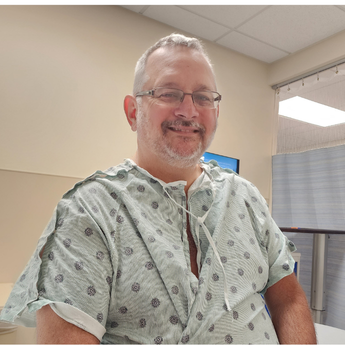By continuing to use our site, you consent to the processing of cookies, user data (location information, type and version of the OS, the type and version of the browser, the type of device and the resolution of its screen, the source of where the user came from, from which site or for what advertisement, language OS and Browser, which pages are opened and to which buttons the user presses, ip-address) for the purpose of site functioning, retargeting and statistical surveys and reviews. If you do not want your data to be processed, please leave the site.
The Voice of People With Breast Cancer
COVID-19
& Breast Cancer
Updates For:
COVID-19 and Breast Cancer: Resources and Updates for April 5th to April 11th
If you think that you may have the COVID-19 virus, you can use this self-assessment tool. Links to the COVID-19 response from each province and territory, as well as their telehealth contact information, can be found here.
What Your Medical Oncologist Wants You to Know During the COVID-19 Crisis
We reached out to oncologists across Canada to better understand the changes to treatment schedules and doctors’ appointments due to COVID-19. Find out what your medical oncologist wants you to know during the COVID-19 crisis.
Your Questions Answered
Q: Due to the coronavirus, I can't get a mammogram done through the breast screening program in my province. Is there somewhere else where I can access a mammogram?
A: If this is a regularly scheduled mammogram, as part of a screening program, public programs are currently suspended to ensure the safety of patients. It's expected that these programs will resume after the peak COVID-19 period has passed; you should follow up with your screening program at that time. If you are symptomatic, meaning you've found a lump or there are noticable changes in your breast, your family doctor can still refer you for diagnostic imaging; however, there may be an increased wait time for this testing
|
|
Cancer and COVID-19 Resources
The New Coronavirus (COVID-19): Guidelines for People Coping with Cancer from CancerCare
This Is What It Looks Like to Be #HighRiskCOVID19 from healthline
Breast Cancer and COVID-19 Resources
Getting breast cancer treatment during COVID-19 from Living Beyond Breast Cancer
Coronavirus and breast cancer: where we are now from Living Beyond Breast Cancer
Mental Health Resources
CancerCare's Claire Granger Teaches a Breathing Technique to Help Cope with Anxiety (video) from CancerCare
Coping with cancer and COVID-19 from Canadian Cancer Society
Financial Resources
Changes to taxes and benefits: CRA and COVID-19 from Canada Revenue Agency
COVID-19: Managing financial health in challenging times from Canada Revenue Agency
Questions and Answers on the Canada Emergency Response Benefit from the Government of Canada
Will you get paid if you self-isolate for coronavirus? It depends from CBC
SHARE




